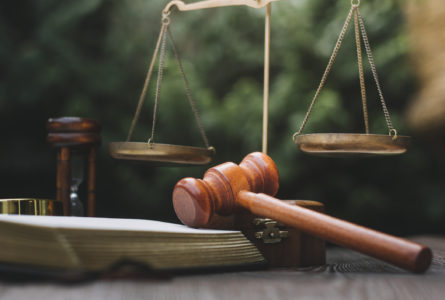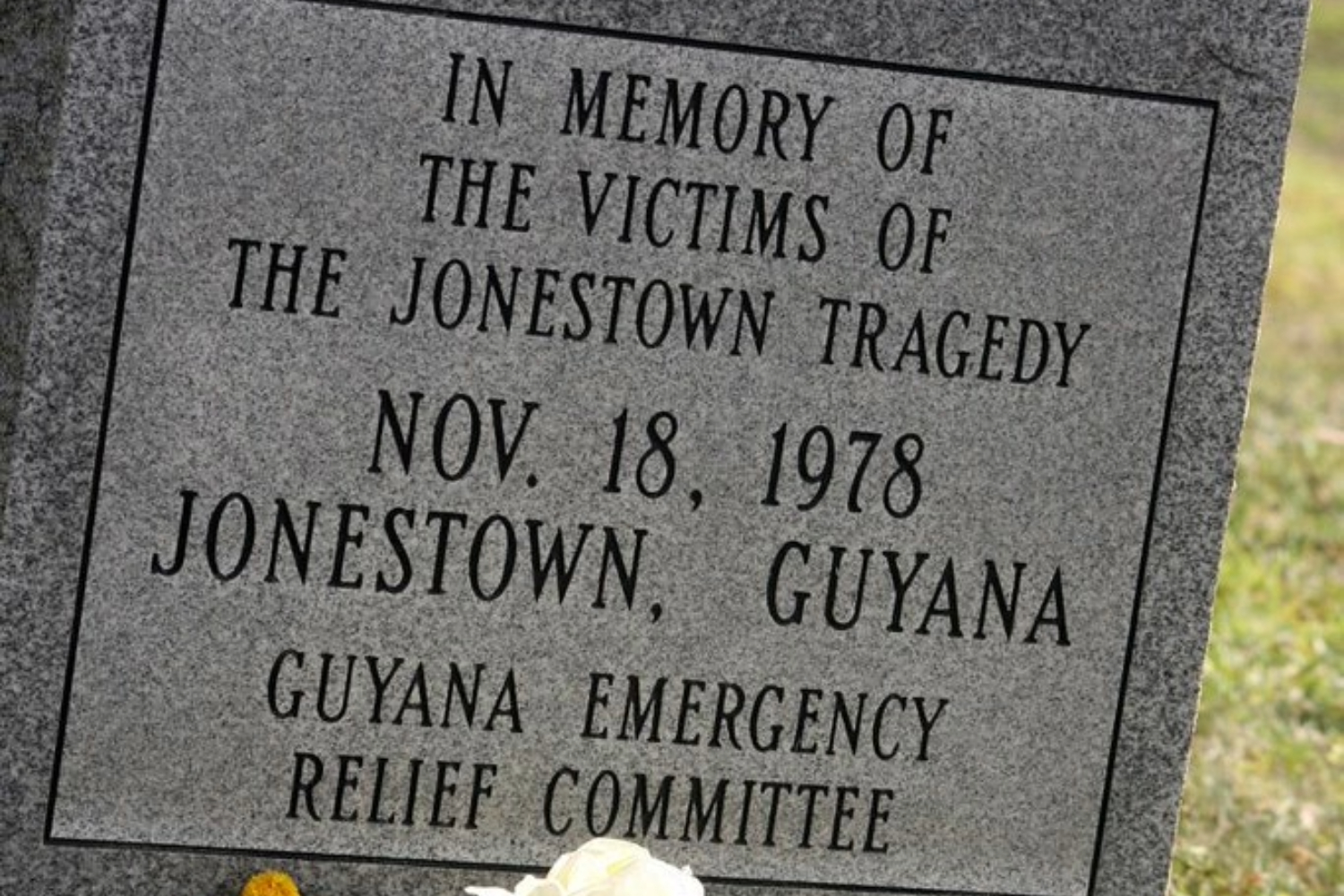The National Post, a Canadian online news service, reported that a ruling by the Alberta Court of Appeal states that secular courts have the authority to overturn religious edicts in certain situations. That court will allow a Calgary resident to challenge his being disfellowshipped and shunned by his Jehovah’s Witnesses congregation.
The news agency’s reporter, Joseph Brean, also reported that the court’s decision was split (2-1) on the ruling. He reported that the dissenting judge’s opinion was that a church “is less like a public company and more like a private bridge club.” The judge felt that a Jehovah’s Witness congregation could, like an exclusive club, choose its own members and decide what their qualifications might be.
This allows the Watchtower to appeal the ruling to the Canadian Supreme Court. According to the National Post, this issue was ruled upon when the court ruled in favor of a man expelled from a Hutterite colony, another cultish religious group.
The plaintiff is Randy Wall. He had been a Jehovah’s Witness for more than 30 years until he was disfellowshipped in 2014. Wall claims the way he was expelled was procedurally unfair because “he was not given details of the allegations against him or told how the discipline process works, nor was he told whether he could have counsel or whether there would be a record of the process.”
According to Brean, the National Post reporter, a final judgement supporting Wall “will be relevant to other religious groups, which often deal with controversial expulsions of members or ministers.” As examples, Brean references a case involving the United Church of Canada; that church is trying to defrock a female cleric “because she is an atheist.” The courts have also ruled against that church for unfairly disciplining some of its ministers.
Appealing religious edicts to a secular court is troublesome. In most cases, the courts have been reluctant to intervene. The National Post reports that “…Since the 1992 Supreme Court decision, they have done so only if the aggrieved party has exhausted all internal processes, or if those processes are unfair.”
Notations from the Court’s ruling:
I. Introduction
[1] The respondent was expelled from the Highwood Congregation of Jehovah’s Witnesses. He filed an originating application for judicial review of that decision. A chambers judge concluded that the Court of Queen’s Bench had jurisdiction to hear the application. The Congregation (and its Judicial Committee and named Elders) appeal. The appellants also apply to strike parts of the respondent’s authorities and the respondent applies for permissions to adduce new evidence.
[2] We dismiss the appeal and find it unnecessary to rule on the two applications.
II. Background
[3] The respondent is a realtor. He was a Jehovah’s Witness from 1980 until his expulsion in April 2014.
Read the entire original National Post article here:
http://news.nationalpost.com/news/religion/alberta-appeal-court-rules-judges-can-overturn-unfair-church-edicts





zeb
I wonder if the elders sat as badly in Canada as they did in the Australian royal commission?